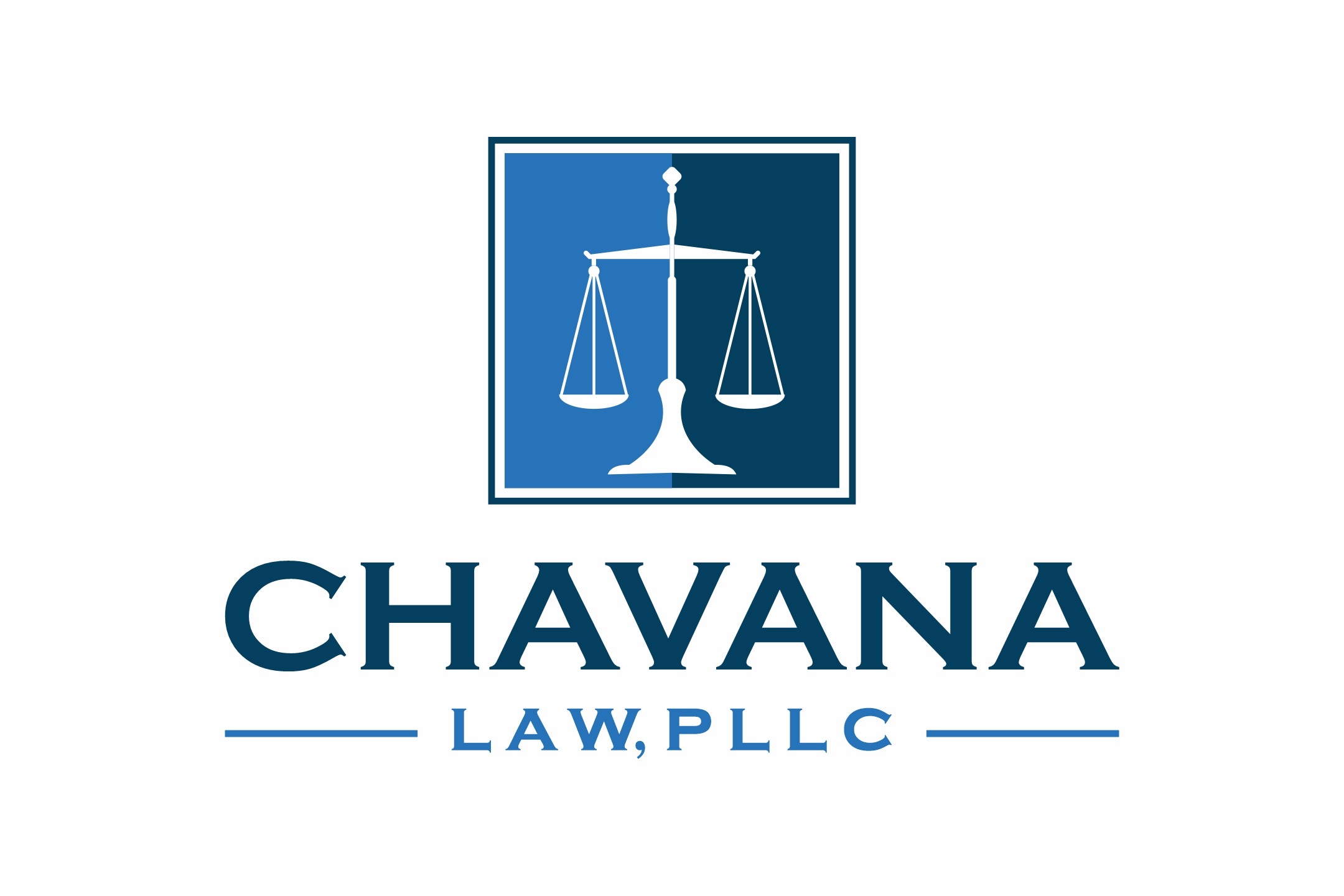
Suing daycare centers in Houston and all of Texas for injuries is usually based on a breach of a duty (negligence) or a violation of the Texas Deceptive Trade Practices Act. When deciding if you should take action against a negligent daycare center, the advice of an experienced litigator. If your loved one has been injured, feel free to call Hector Chavana Jr. at 713-979-2941 for a free consultation.
Some of the duties that daycare centers have are as follow:
- A daycare owes a common law duty to render aid to a child in its care that has become imperiled. Applebaum v. Nemon, 678 S.W.2d 533, 535 (Tex. App.—Houston [14th Dist.] 1984, writ ref’d n.r.e.).
- A daycare has a duty to take a child to a hospital when necessary. Id. A daycare has a duty to instruct its personnel as to measures it should take in case of an injury. Id.
- A daycare owes a duty to avoid foreseeable injury. Marczak v. Storybook Square, Inc., 01-97-01022-CV, 1999 WL 568687, at *5 (Tex. App.—Houston [1st Dist.] Aug. 5, 1999, no pet.).
- A daycare has a duty to warn parents about repeated injuries and regulatory violations. See Id; Texas Department of Family Protective Services, Minimum Standards for Child Care §746.2509.
- A daycare has a duty to have an adequate amount of staff. See Id; See Texas Department of Family Protective Services, Minimum Standards for Child Care Subchapter E.
- A daycare has a duty to provide a safe environment pursuant to the promises made on its website, especially if you relied on those promises to select a daycare.
- A daycare has a duty to notify the parents immediately after an injury. §746.307.
- A daycare has a duty to make sure that staff who has access to children are qualified. Texas Department of Family and Protective Services DFPS LICENSING BACKGROUND CHECK RULES §745.626.
You can research the violations of a daycare center by looking them up at the Texas Department of Family Protective Services. When you find the daycare that you are researching, make sure that you change the type of violations you are searching for from “High” to “All.” If a daycare failed to provide you with its prior violation history, you may be able to take action against that daycare provider for injuries.
If the daycare promised that the daycare would provide a certain level of care that it did not provide, it could have breached a warranty to you, which is actionable under the Deceptive Trade Practices Act, and you may be able to recover economic damages, including a refund of your tution, and other economic damages. Finally, misleading statements or failure to provide information could give rise to a violation of the Deceptive Trade Practices Act.
Call today for a consultation with Hector Chavana Jr. at 713-979-2941.
Note on duties imposed by the Texas Department of Protective Services (technical stuff)
Generally, a statute does not necessarily imply a tort duty. Perry v. S.N., 973 S.W.2d 301, 304 (Tex. 1998)(“All persons have a duty to obey the criminal law in the sense that they may be prosecuted for not doing so, but this is not equivalent to a duty in tort.”)(citations omitted). The court must determine if the statute is meant to protect the class of litigants in the case. Id. In addition the following factors are usually considered.
Those factors are (1) whether the regulations are the sole source of any tort duty from the defendant to the plaintiff or merely supply a standard of conduct for an existing common law duty [if no common law duty is owed, then this factor works against the claimant]; (2) whether the regulations put the public on notice by clearly defining the required conductc[the defendant must understand his duty]; (3) whether the regulations would impose liability without fault [no fault liability is disfavored]; (4) whether negligence per se would result in ruinous damages disproportionate to the seriousness of the regulatory violation, particularly if the liability would fall on a broad and wide range of collateral wrongdoers [the Court looked at the monetary penalty involved in a penal code and said that tort liability would result in much higher economic loss to the defendant]; and (5) whether the plaintiff’s injury is a direct or indirect result of the violation of the regulations [unofficially adopting a causation requirement]. Omega Contracting, Inc. v. Torres, 191 S.W.3d 828, 840 (Tex. App.—Fort Worth 2006, no pet.)(citing Perry). In Omega, the Court equated violation of a regulation with violation of a statute.
There is some language in Marczak stating “[n]o Texas statute or regulation imposes on day care centers the duties the Marczaks claimed Storybook breached in caring for Rachel.” At the same time, the Court recognizes that the Department issued a report. The Court seems to say that the Marzcaks did not plead that the defendant breached a regulatory duty, while Omega says that they could have, if the defendant had breached a regulatory duty.
Call today. Chavana Law, PLLC charges no consultation fee for cases involving injuries.
